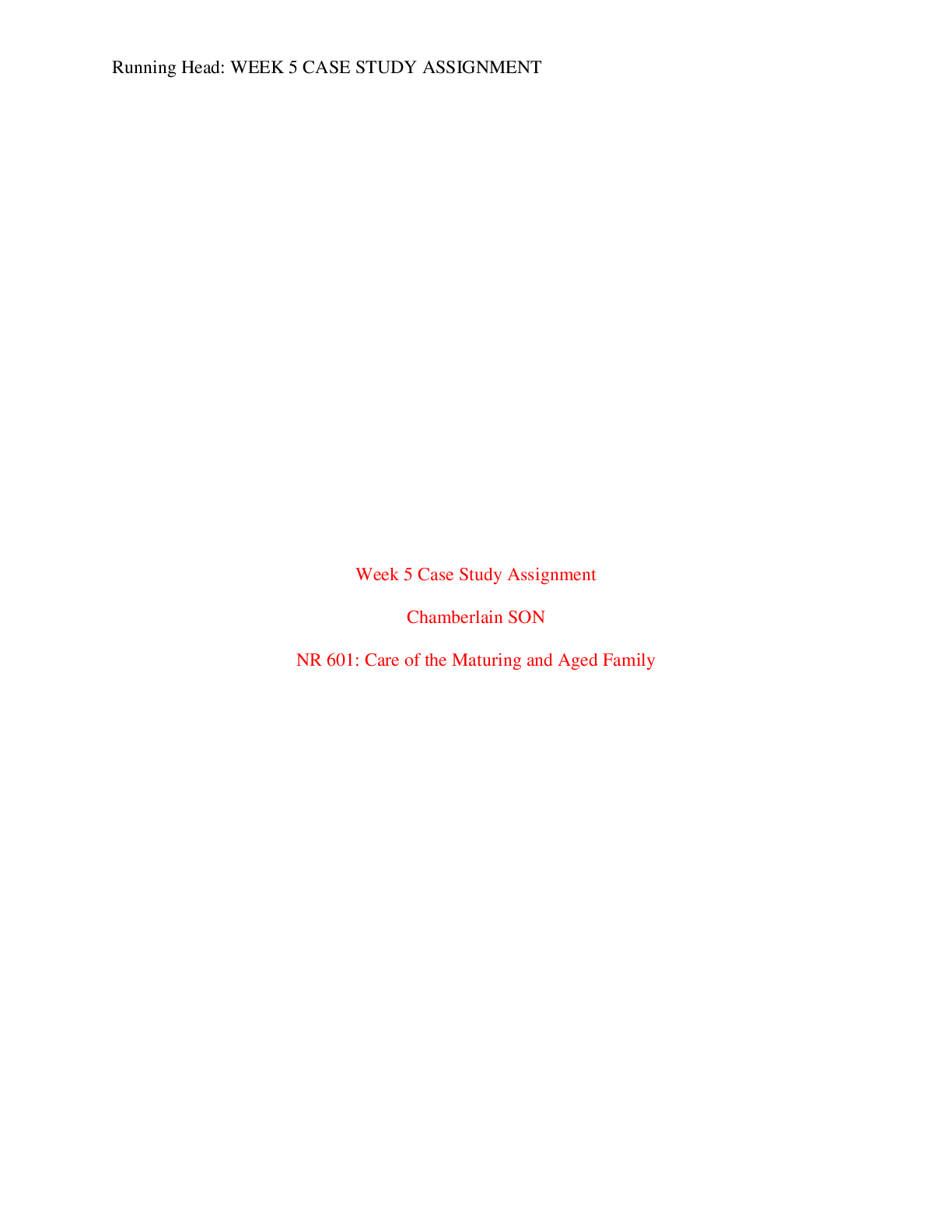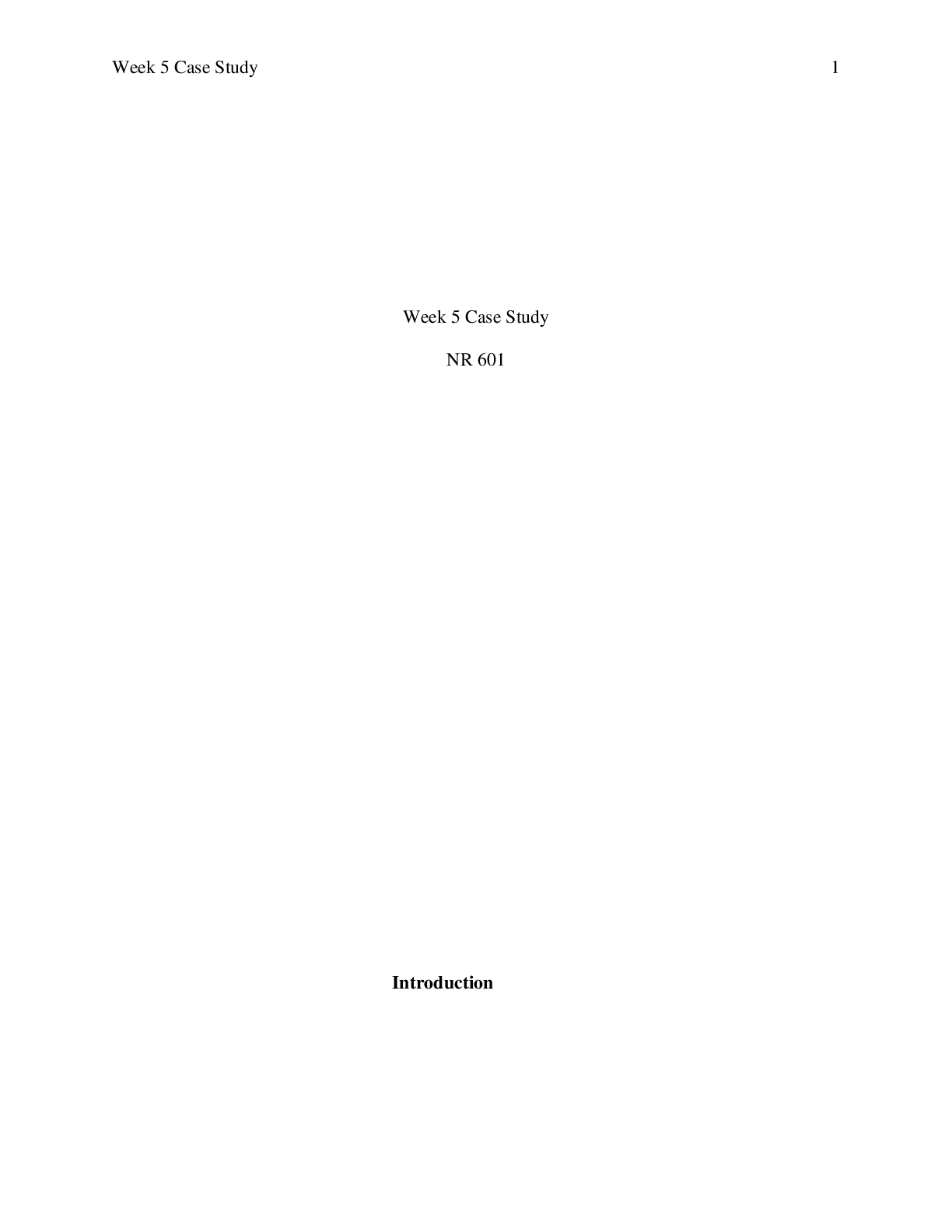AMERICAN HISTORY > CASE STUDY > HIST 405N Week 5 Case Study Assignment Option 1: Big Business (Monopolies) and Exploitation of Worke (All)
HIST 405N Week 5 Case Study Assignment Option 1: Big Business (Monopolies) and Exploitation of Workers – Download To Score An A+
Document Content and Description Below
HIST 405N Week 5 Case Study Assignment Option 1: Big Business (Monopolies) and Exploitation of Workers – Download To Score An A+ The case study asks if the leaders of business were capta... ins of industry, robber barons, or shrewd businessmen. I would like to surmise that they were all three. During the Industrial Revolution people saw the opportunity to make money. Educated men discovered new and more efficient ways to have factories churn out their products. The invention of the railway car made it possible to ship those products all across America. Controlling the railroad gave an enormous amount of power and wealth to the men who controlled it. The farmers became very disgruntled at being price gouged by the large railway owners and coined the term “robber barons” (America, 2004). They controlled the market by using differential shipping rates, giving discounts to the larger companies, while over charging the local producers. Jay Gould controlled over 15% of the tracks and was despised for price gouging the farmers. These captains of industry kept building their companies through mergers and acquisitions of smaller, similar companies. John D. Rockefeller employed a method known as horizontal integration (Open Stax, 2019). By the time he was finished, his company, Standard Oil grew to include almost all refineries in the area. By 1879, the Standard Oil Company controlled nearly 95 percent of all oil refining businesses in the country, as well as 90 percent of all the refining businesses in the world (Open Stax, 2019). Eventually enough outrage by the public caused the Supreme Court to order his monopoly to dissolve. Think of the power he could wield being in control of essentially all of America’s transport? This is a dangerous level of power for one man to have (Open Stax, 2019). While the courts were busy busting up the trusts that these shrewd business men had built, Rockefeller was devising “holding companies” which were not very different from trusts in the sense that it gave control of large businesses to a small amount of people. As stated in our Open Stax textbook; By 1905, over three hundred business mergers had occurred in the United States, affecting more than 80 percent of all industries. By that time, despite passage of federal legislation such as the Sherman Anti-Trust Act in 1890, 1 percent of the country’s businesses controlled over 40 percent of the nation’s economy. During this time a shift happened. The number of industrial workers in America rose from approximately 2.5 million to over 10 million (Open Stax, 2019). As industries grew this required more workers to push out product, women and children entered the work force in great numbers. These “minority” workers weren’t treated the same as their male counterparts. One such example is the Triangle Shirtwaist fire. The women were barricaded inside the factory during their shifts to prevent the entry of union workers and to keep them productive. A fire broke out and 146 women either burned or fell to their death trying to escape the flames (Smith, 2017). This outraged the American public, and the owners were sentenced for manslaughter, and sent to prison. Another example of poor working conditions and fighting against the monopolies was the Pullman Strike. The town of Pullman was a paternalistic society where the workers had no say in the running of their town, nor were they able to own property. They were overcharged as well for their utilities. This created an environment of unrest in the workers. When the depression happened, the Pullman Palace Car Company cut the wages of its employees, which coupled with the previously stated issues, caused the workers to strike (McNatt, 1944). The strike ultimately did not go in the favor of the workers and the injunction of the federal government demoralized the pullman workers. Children were also used for manual labor and paid a fraction of the wages of their adult counterparts. The protection of children by the government didn’t occur until much later on. With so much uprising against the unfair treatment of workers the government had no choice but to become more involved in regulating big business. Initial attempts by entities such as the NLU (National Labor Union) were successful in having an 8-hour work day for federal employees but stalled after that (Open Stax, 2019). Next came the KOL (Knights of Labor) they called for many reforms to include; equal pay regardless of gender, elimination of convict labor, an 8-hour workday for all, and the creation of worker ownership (Open Stax, 2019). Other groups were the AFL (American Federation of Labor) and the NCLC. The NCLC did succeed in having President Taft create the U.S. Children’s Bureau as part of the Dept. of Labor (Open Stax, 2019). Theodore Roosevelt was a progressive President of the people. He began the process of ridding the country of monopolies and having the government regulate big businesses. He liked to call himself the “trust buster” (America, 2004). Roosevelt worked hard to improve the plight of the factory worker. He instituted something called The New Deal. The “New Deal” was a series of programs and projects he enacted during the Great Depression to stabilize the economy. He grew the federal governments involvement in the economy exponentially during his time in office. President Taft, elected after Roosevelt was less of a presence in office but he ultimately disbanded over twice the amount of trusts that Roosevelt did. He was also responsible for signing the 16th Amendment into law, which imposed a federal tax on corporations (Open Stax, 2019). Woodrow Wilson was another Presidential leader of the progressive movement. During his tenure he enlisted a lower tariff, along with a graduated federal income tax. The Federal Trade Commission was established to prohibit unfair business practices and he led America into WW1 to make the world safe for democracy (Open Stax, 2019). While Wilson did many positive things for the country and its workers, he was not an advocate of the Negroes. Unfortunately, Wilson allowed many segregationist actions to occur in government during his time in office. The National Labor Relations Act signed into law in 1935 by President Roosevelt was instrumental in guaranteeing the rights of workers and sought to equalize the balance of power between the workers and their employers (Open Stax, 2019). References America in the 20th century. [Video file]. (2004). Retrieved from https://search-alexanderstreet- com.chamberlainuniversity.idm.oclc.org/view/work/bibliographic_entity%7Cvideo_work %7C1790467 McNatt, E. (1944, March 1). The pullman strike. American Economic Review, 34, 184-186. Retrieved from https://eds-b-ebscohost- com.chamberlainuniversity.idm.oclc.org/eds/pdfviewer/pdfviewer?vid=1&sid=ac59838f- b666-4785-85c6-6ba57d473e77%40sessionmgr102 Open Stax. (2019). U.S. History. Open Stax CNX. Retrieved from https://cnx.org/contents/[email protected]:gMXCIGEM@7/introduction (Links to an external site.) Smith, P. (2017, September 4). The Triangle Disaster: How a fire a century ago at a New York clothing factory changed U.S. labor laws. New York Times Upfront, 150, 11-11. Retrieved from https://eds-a-ebscohost- com.chamberlainuniversity.idm.oclc.org/eds/pdfviewer/pdfviewer?vid=1&sid=f9afc70a- 4561-4aa2-af26-f818c00f9ec1%40sdc-v-sessmgr03 [Show More]
Last updated: 2 days ago
Preview 3 out of 6 pages
Instant download

Loading document previews ...
Buy this document to get the full access instantly
Instant Download Access after purchase
Add to cartInstant download
Reviews( 0 )
Document information
Connected school, study & course
About the document
Uploaded On
Jun 26, 2024
Number of pages
6
Written in
Additional information
This document has been written for:
Uploaded
Jun 26, 2024
Downloads
0
Views
6

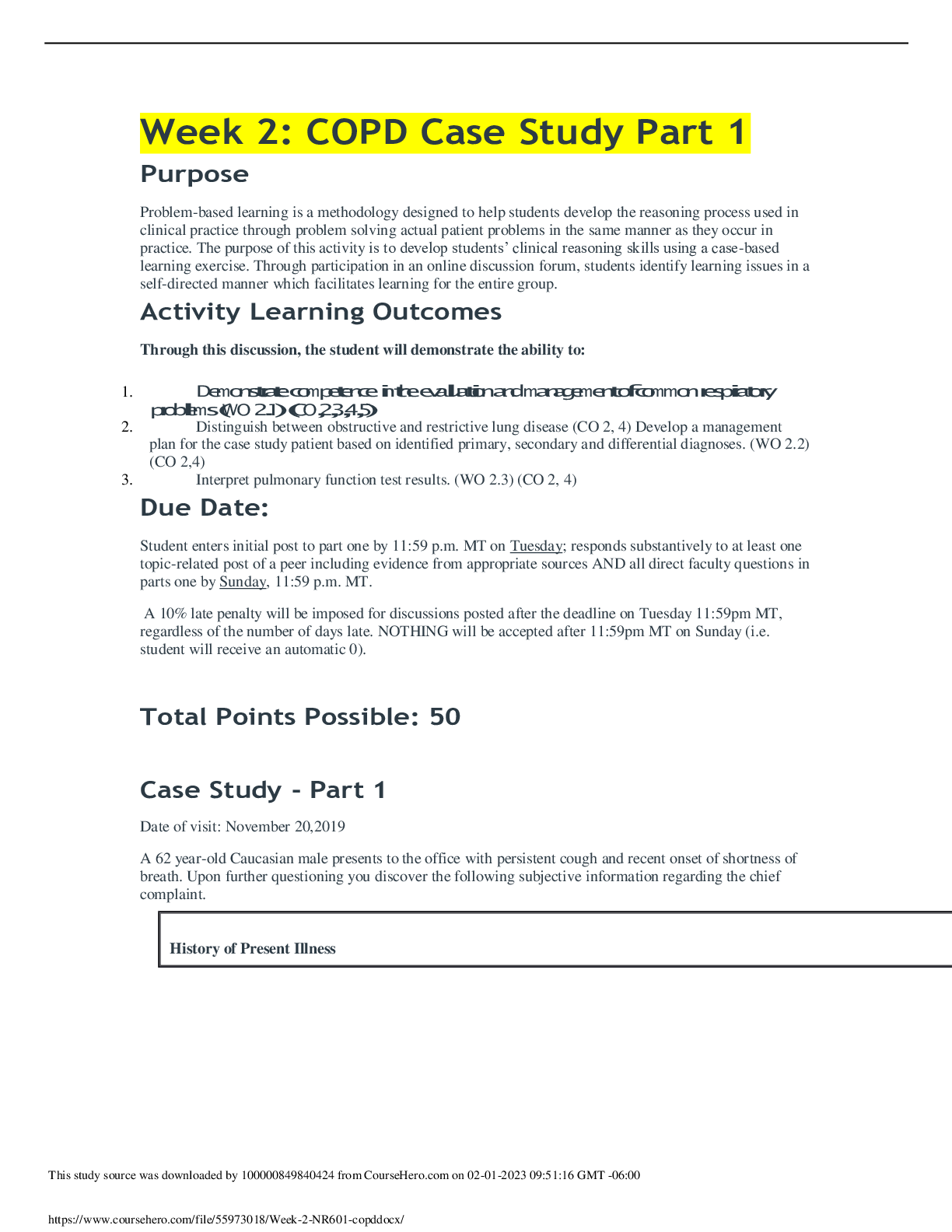
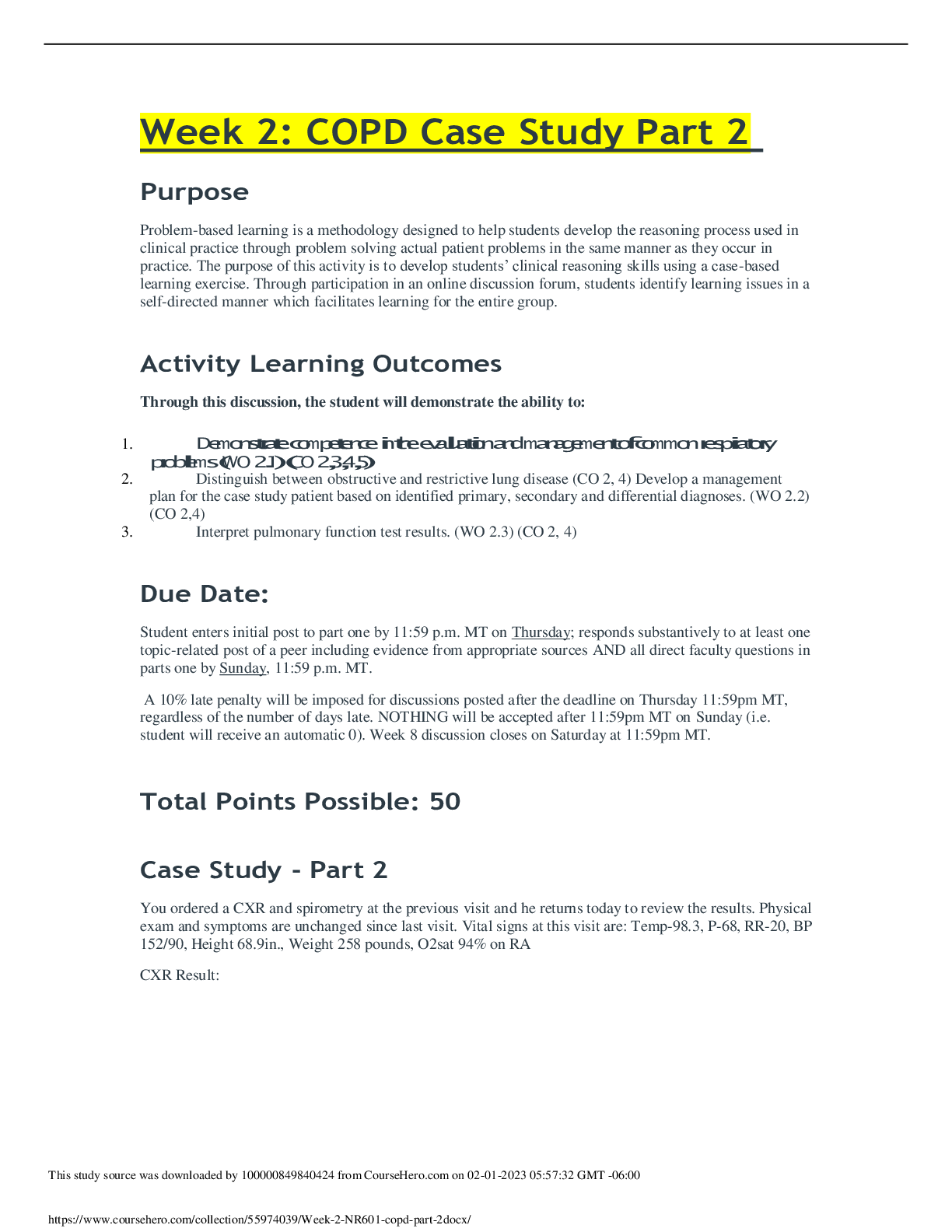


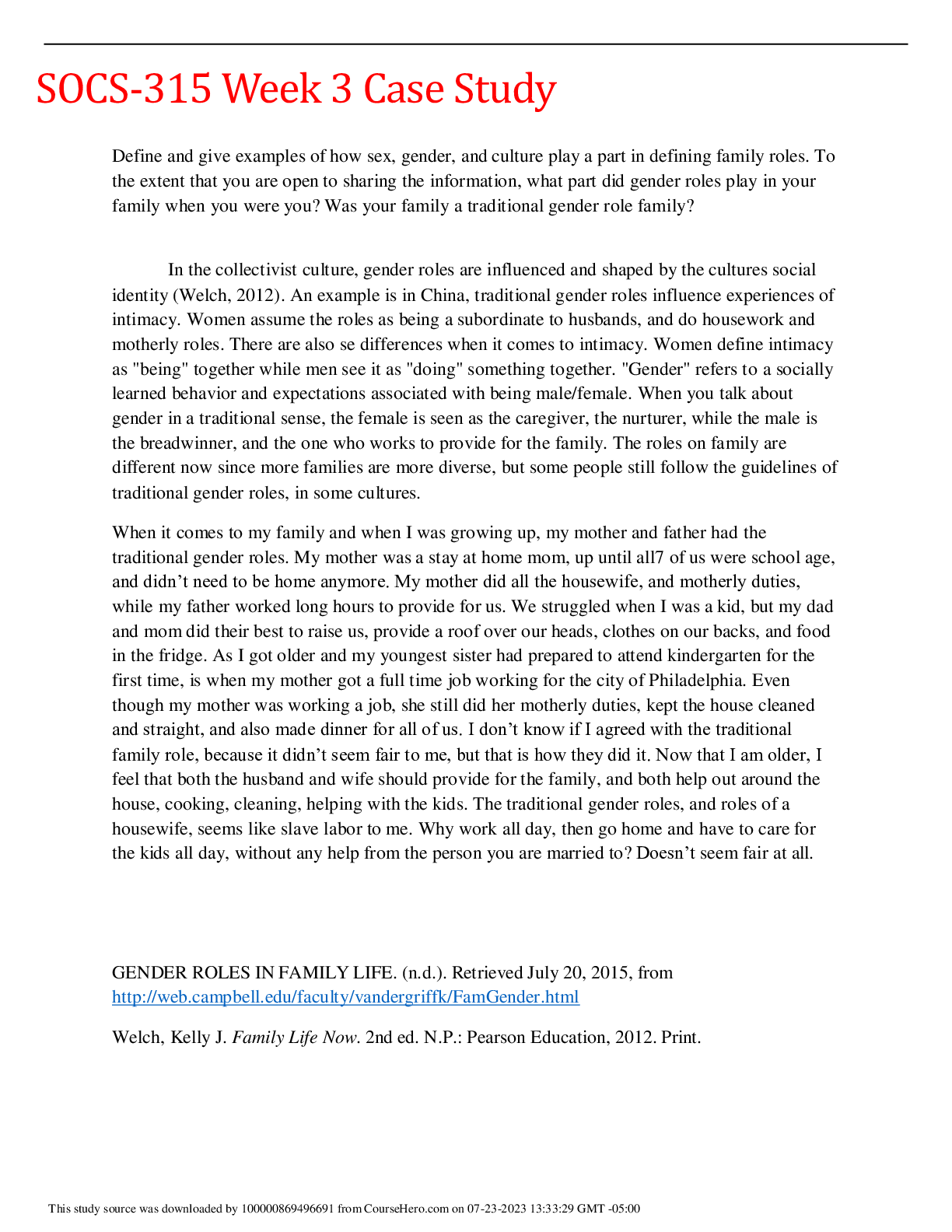
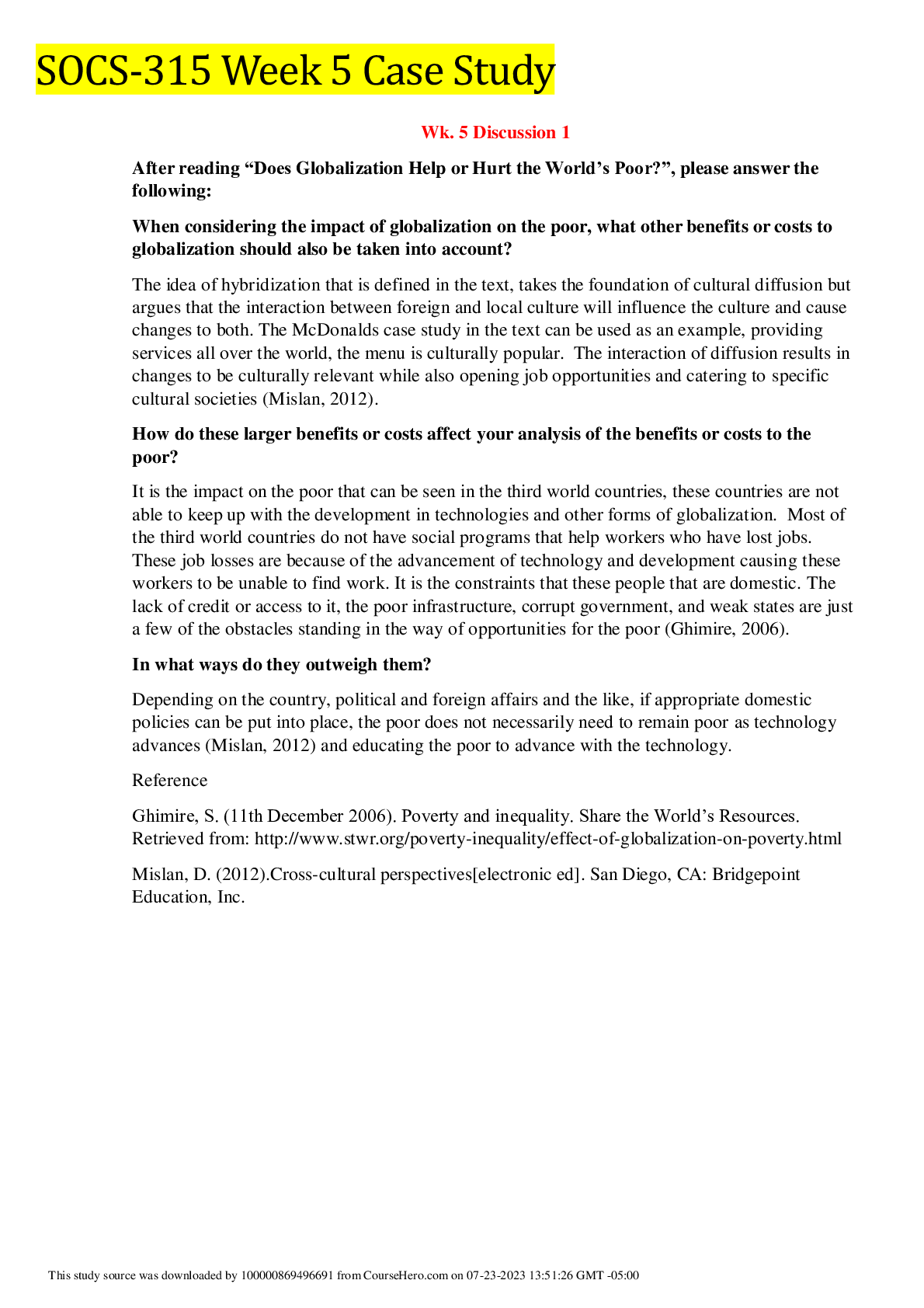

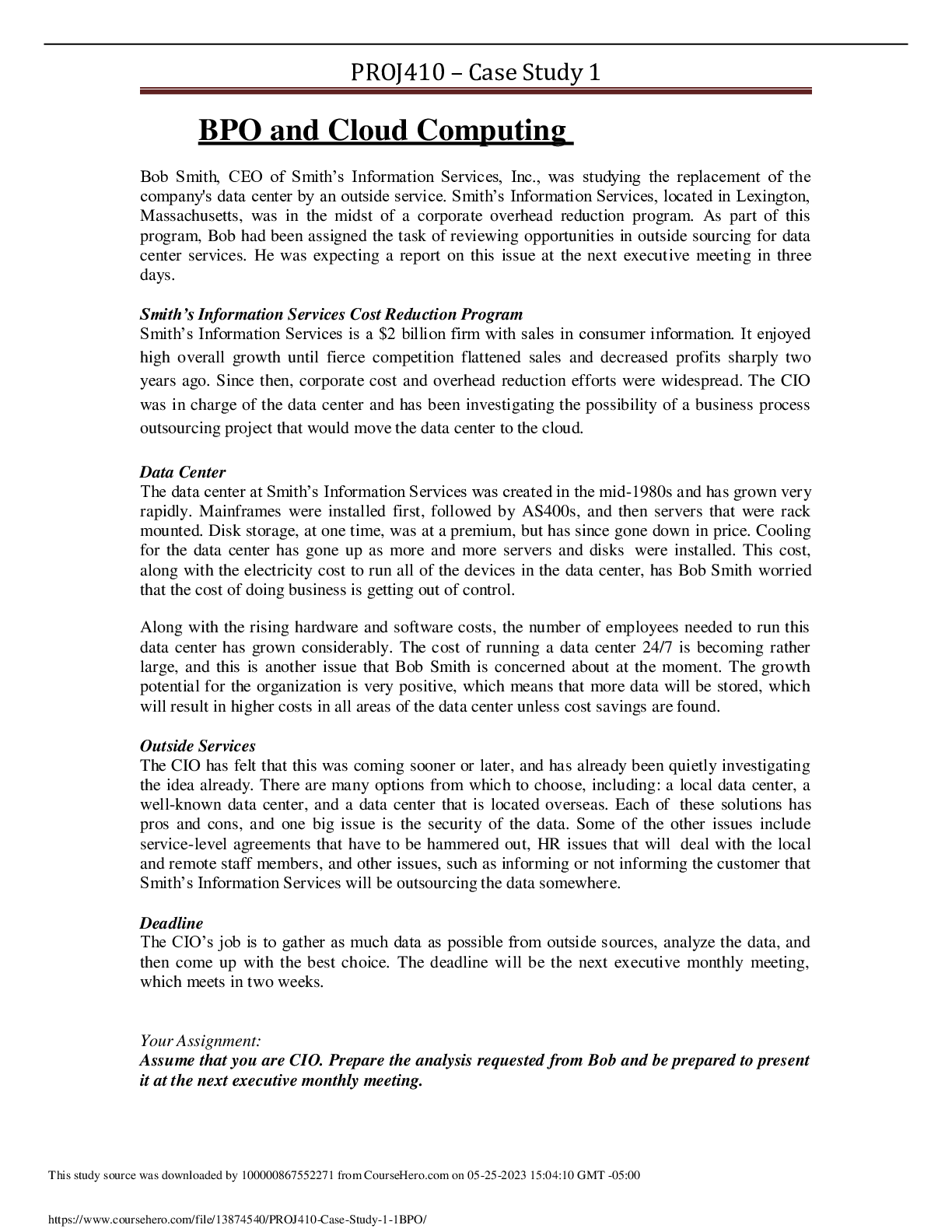
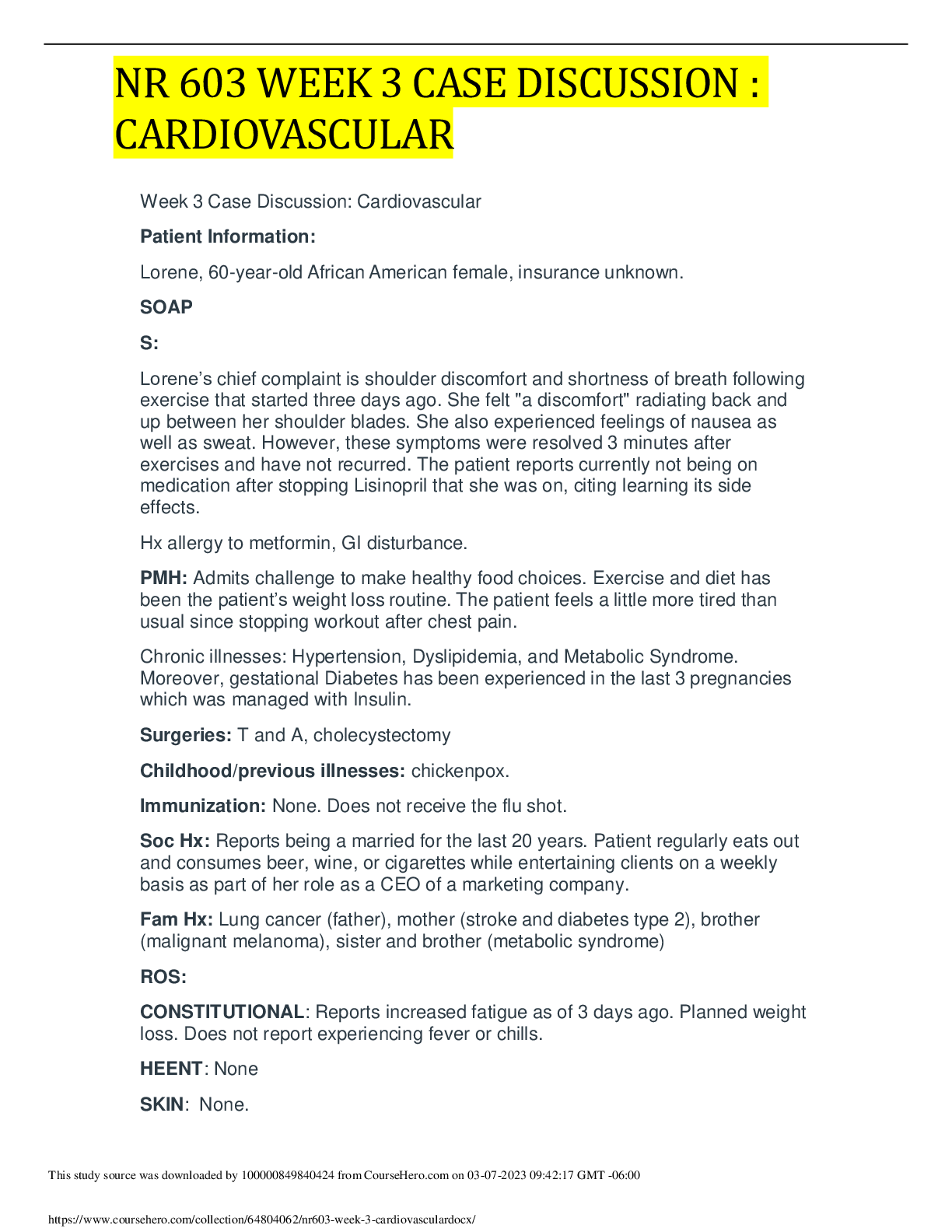
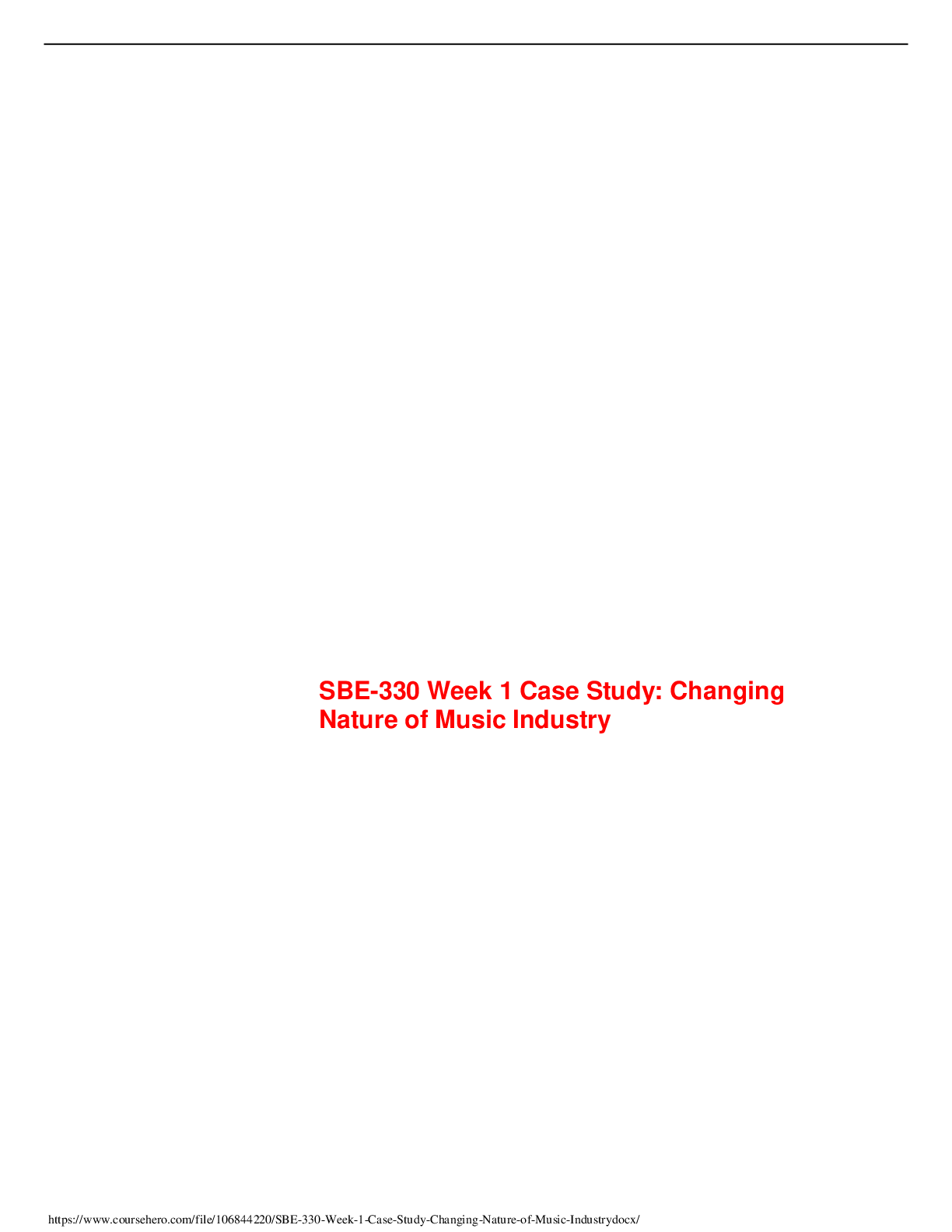
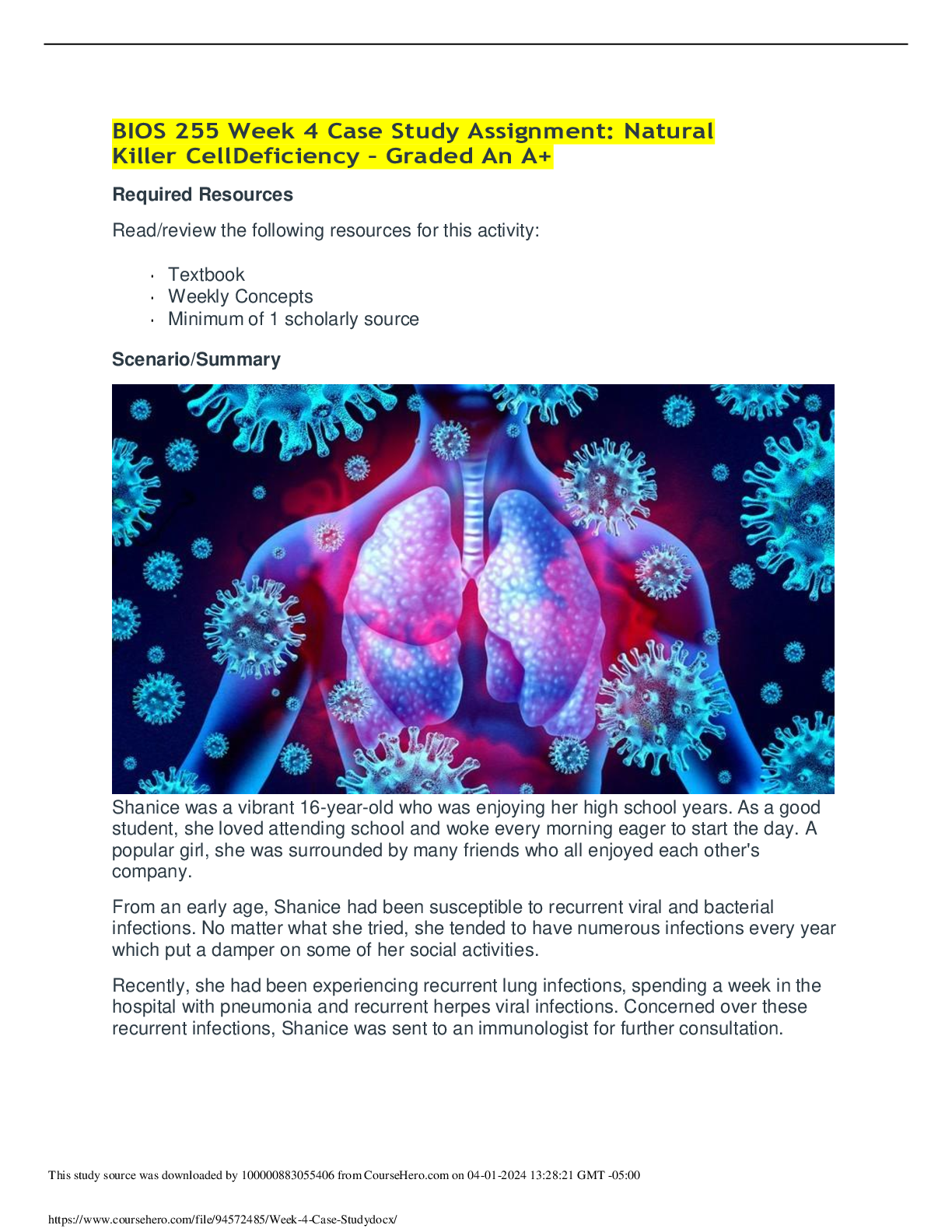
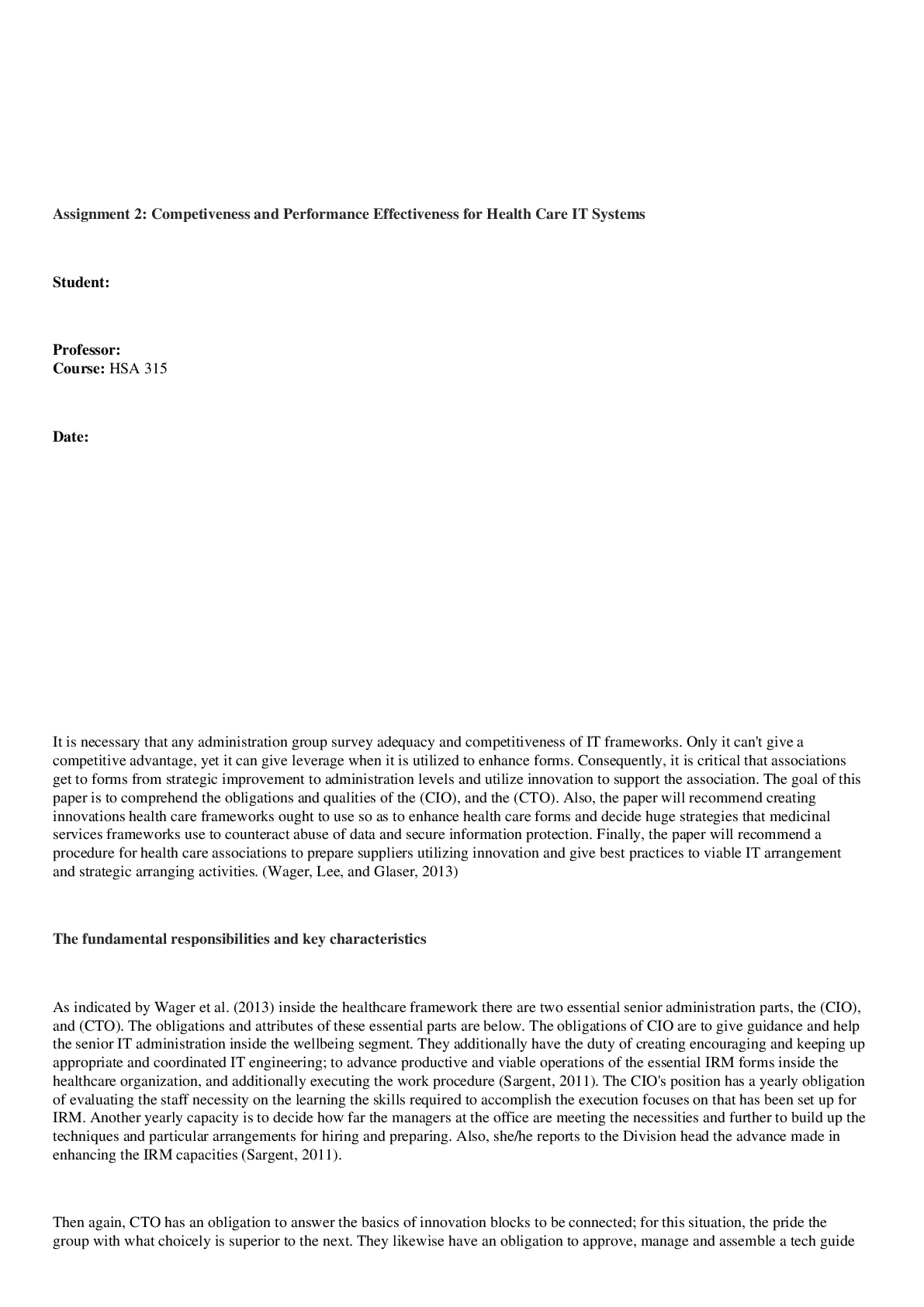
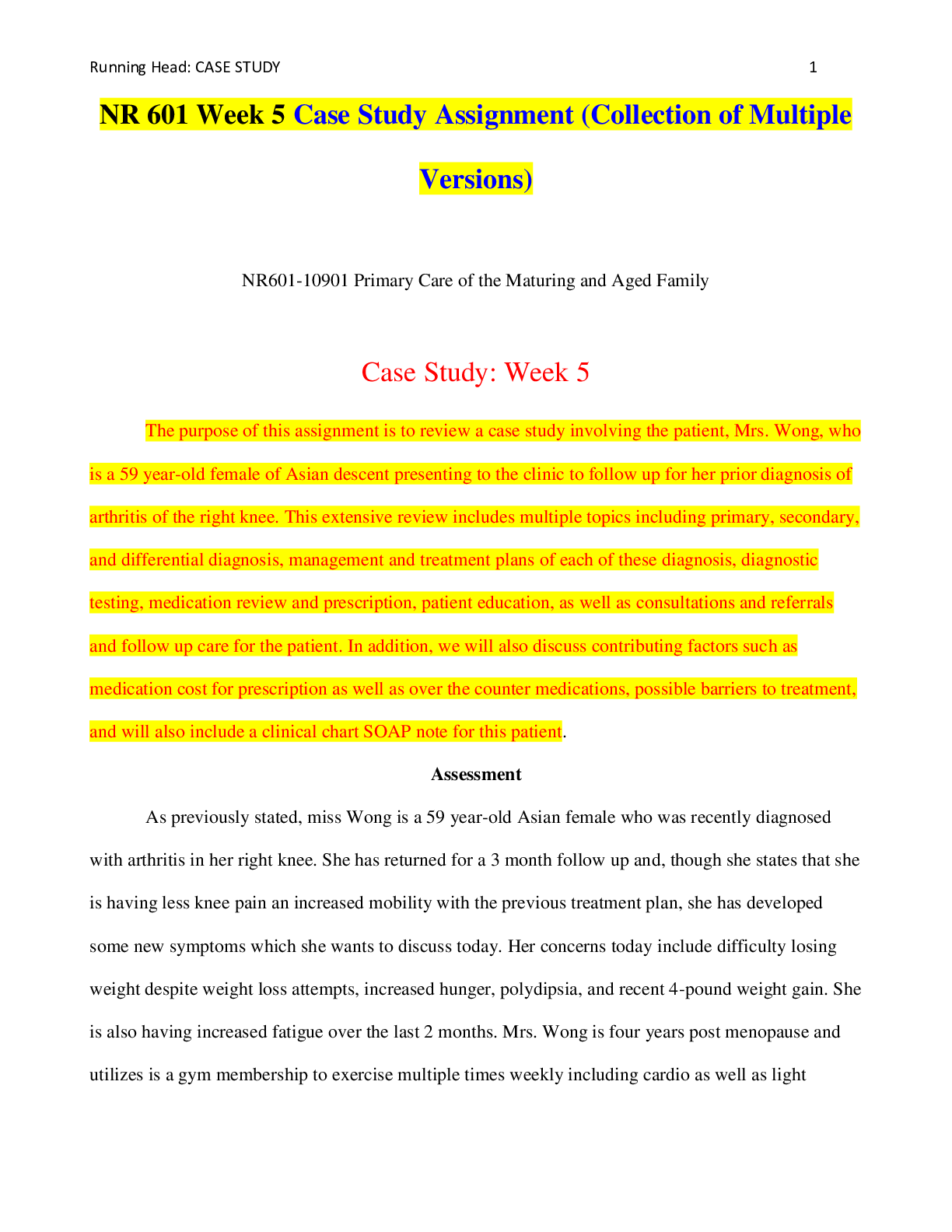
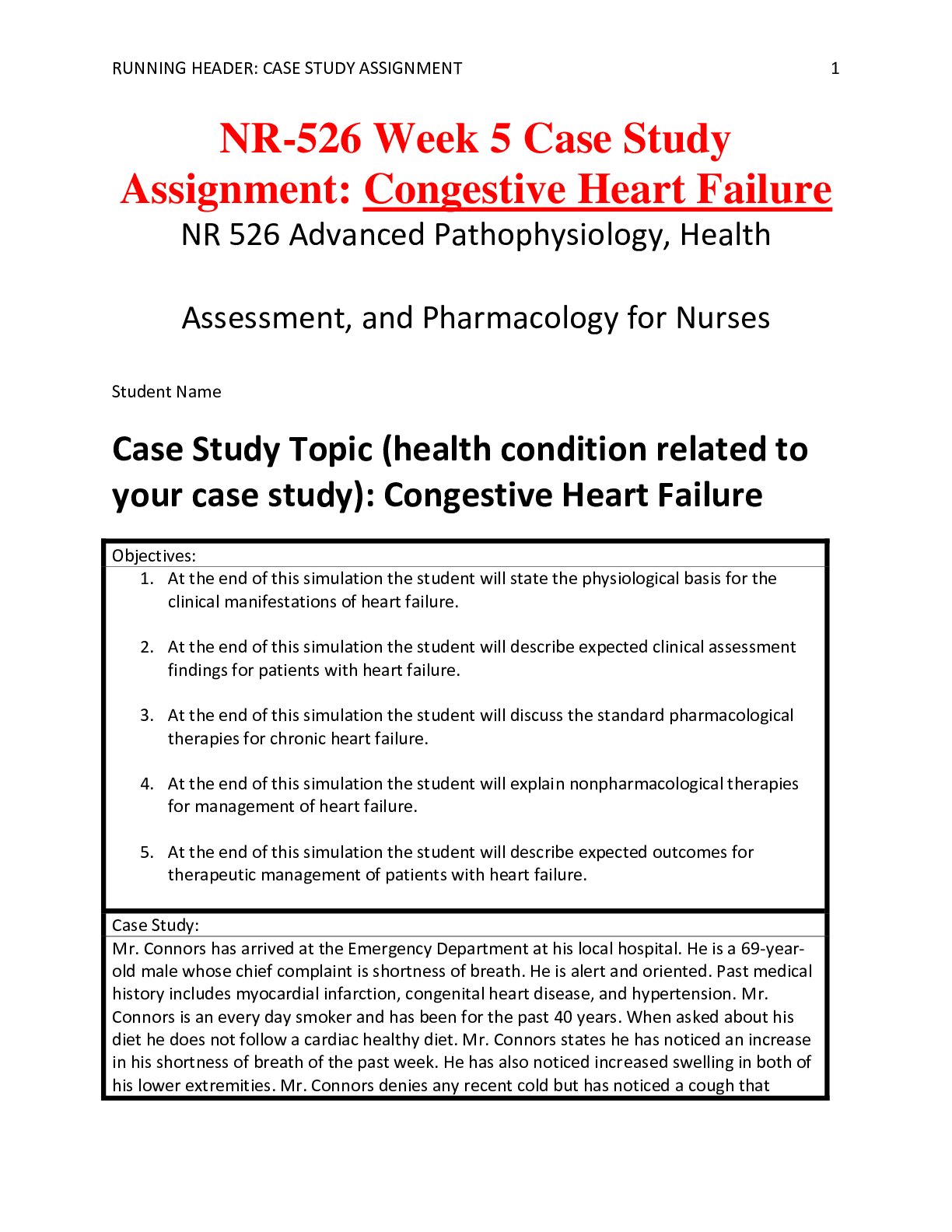
.png)
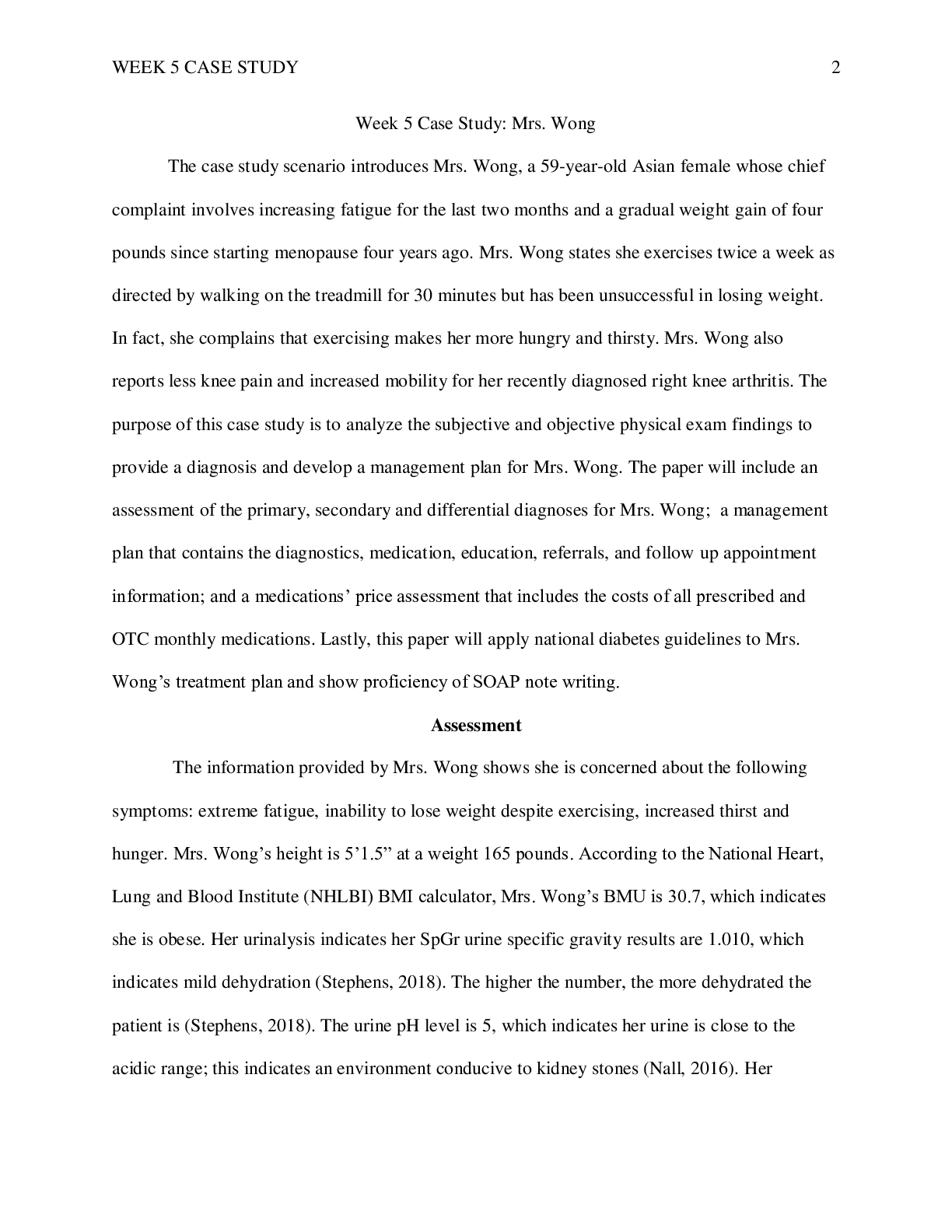
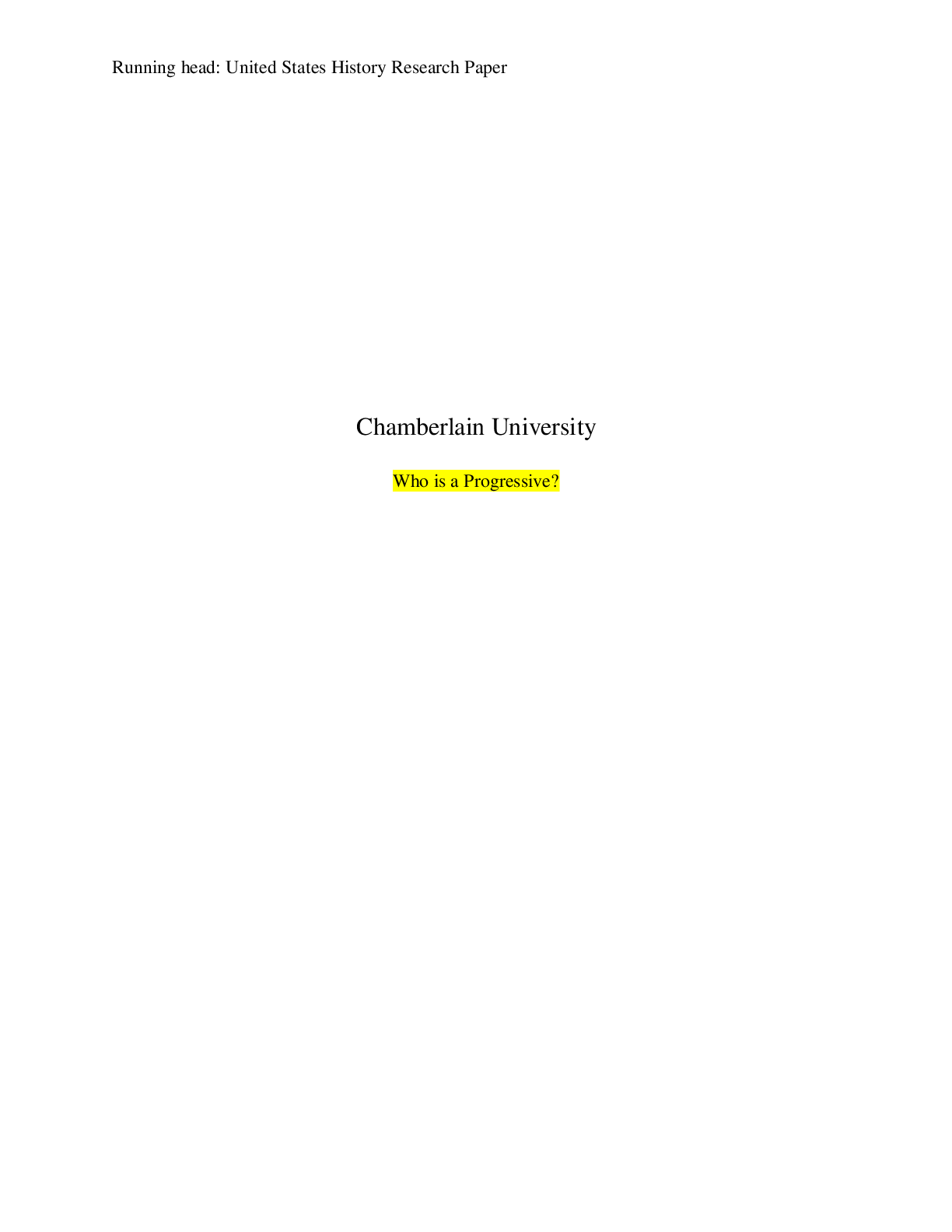
.png)


